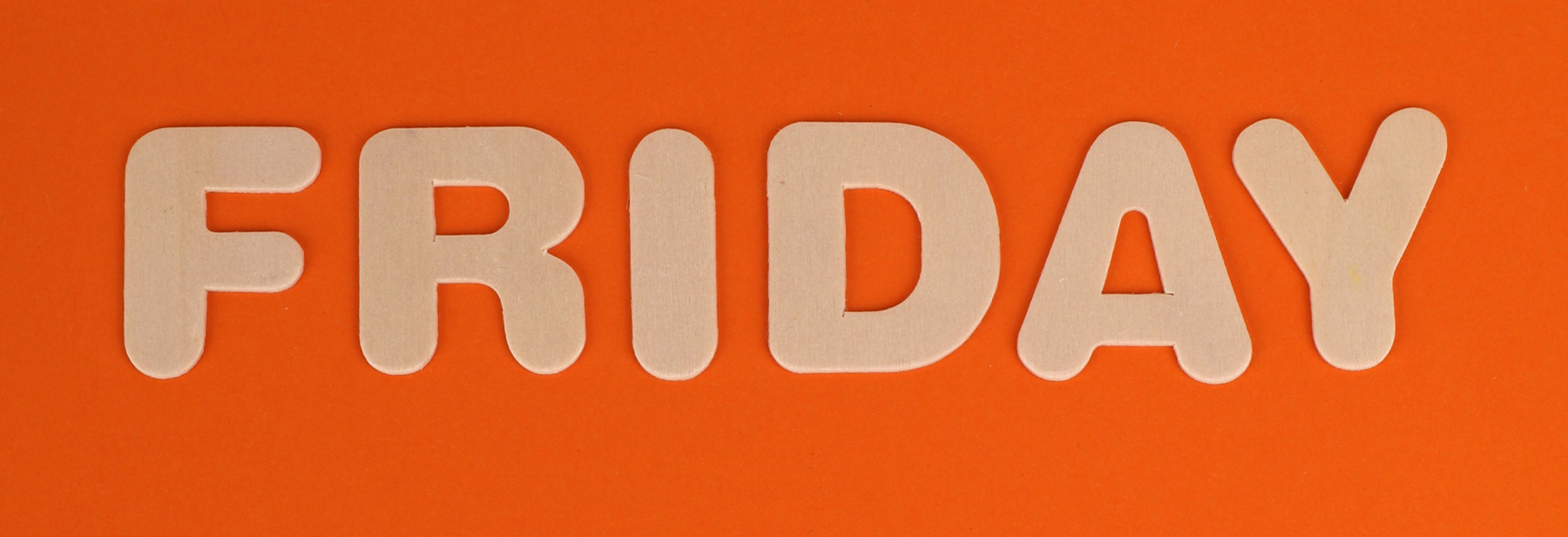
ServiceFriday: I Buy What I Am – How Self-Esteem Impacts Consumer Purchase Behavior
In 2016, 5-time NBA champion and one of the greatest power forwards in NBA history Tim Duncan retired from the NBA after a stellar 19-year career. So it may be of a surprise to know that a fan tweeted a photo of Duncan waiting in line at an Old Navy store shortly after retiring. Despite having made tens of millions of dollars in his career, Duncan chose to shop at a budget retail outlet like many typical consumers. Why, one might ask, would a man of his fame and success choose Old Navy when he easily can afford any designer brand in the world? Perhaps the answer is one that service researchers have recently begun to study: consumers tend to choose products and firms that confirm their pre-established self-views, be them pessimistic or positive.
In an article published for the Journal of Consumer Research, researchers conducted studies to observe if the self-esteem of consumers influenced their purchase decisions. “Few investigations have examined whether consumers desire products that confirm their existing self-views.” the researchers noted. Throughout the experiments, participants were asked to identify their preference for various products and services that were depicted as either lower-end or higher-end: alcohol, clothing, restaurants, and hair salons. Their self-esteem levels were primed prior to each study.
The results indicated that the self-esteem of consumers does positively influence their purchase decisions. “Just as consumers judge themselves to be relatively inferior or superior to others, so too do they judge products.” researchers discovered. Specifically, consumers with low self-esteem seek to self-verify their view of themselves by buying inferior products and choosing the inferior firms. Conversely, high-self-esteem consumers elected to choose superior products and firms to confirm and enhance self-views. “Consumers with low and high self-esteem pursue different self-related motives in the marketplace.” researchers concluded.
In the final study, researchers observed that self-esteem was a boundary condition for compensatory consumption. This occurred when select participants were given negative self-related feedback by being assigned the role of “subordinate” in the study. Results showed that participants with low self-esteem were far less inclined to engage in compensatory consumption than high-self-esteem participants. “High-self-esteem consumers expect to be successful, so being relegated to a subordinate role in a group threatens their positive self-views and boosts their usual motivation to self-enhance.”
Managerial implications
“Due to the strong focus on the self-enhancing function of products, low-self-esteem consumers, who represent approximately one-third of the population, might feel under served and even ostracized in today’s marketplace.”
These studies offer critical insight to managers as it produces empirical evidence that shows consumers with low self-esteem seek to self-verify and consumers with high self-esteem seek to self-enhance when they choose products, brands, and services for purchase. Therefore, the researchers recommend managers assess the fit between consumers’ self-esteem levels and their product positioning. “Marketers can re-position the product in a way to ensure it confirms, rather than conflicts, with self-views of low-self-esteem consumers.”
Researchers also suggest that managers might convince low-self-esteem consumers to see themselves as consumers of superior products. Using the principal of self-verification, managers can use wordings to describe their products or services such as “customers similar to you also bought”. This might help make superior products fit into self-views of low-self-esteem consumers and increase the likelihood they purchase them.
To fully explore the impact of self-esteem on consumer purchase behavior, read the full article at the Journal of Consumer Research. (A fee may apply.)